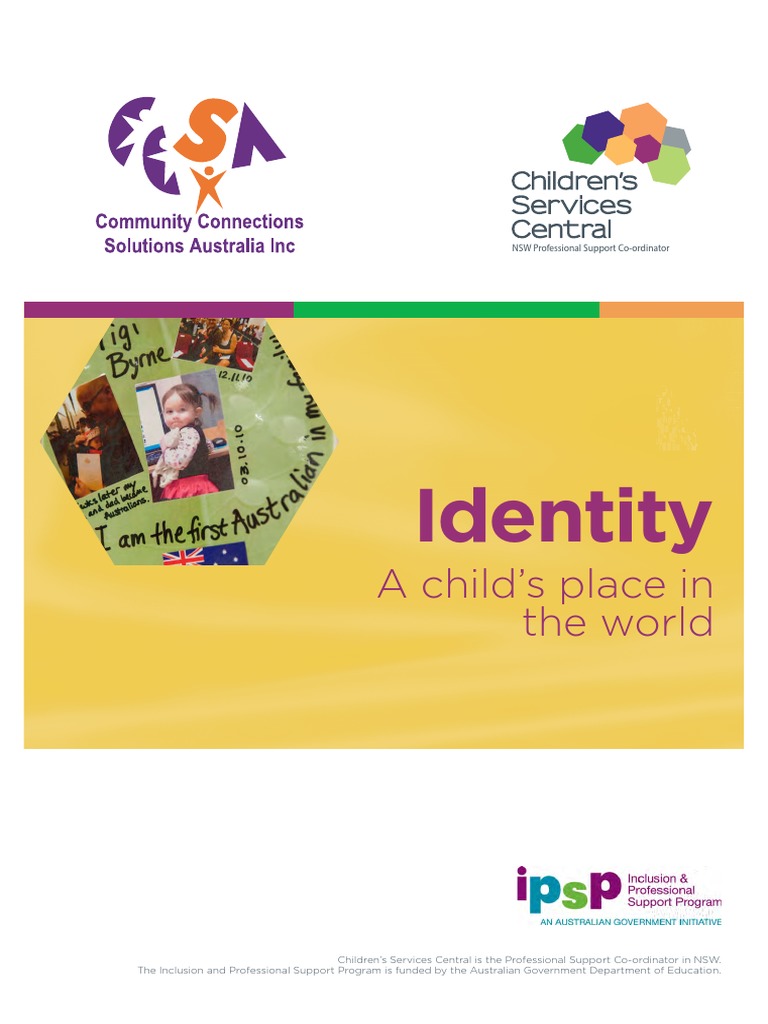Understanding the intersection of identity and borders in the context of Bahá’í teachings invites a profound exploration of the individual versus collective, the personal versus the societal. Humanity’s ongoing struggle with identity and the rigid constructs of borders has rendered the younger generation particularly vulnerable to conflicting societal narratives. The Bahá’í Faith provides a transformative lens through which these challenges may be examined and addressed.
At the core of Bahá’í teachings lies the belief in the oneness of humanity. This principle asserts that all individuals, irrespective of their geographical origins or cultural affiliations, inherently belong to a singular human family. In a world delineated by political and social borders, this concept serves as a profound counter-narrative. Children, as future architects of society, must be nurtured to embrace this oneness, transcending the artificial boundaries established by contemporary societal norms.
Moreover, the Bahá’í understanding of identity encompasses much more than mere national or ethnic attributes. It dives deep into the essence of one’s spiritual and moral dimensions. Children are not limited by the borders of their nationalities; instead, they carry within them the potential to cultivate virtues that contribute to the welfare of humanity. Emphasizing the spiritual identity allows for a more holistic approach to children’s development, intertwining moral education with a sense of belonging to a global community.
In guiding children to recognize their multifaceted identities, Bahá’í teachings emphasize the importance of education. This education is not confined to traditional academics but extends to inclusivity, justice, and service. By fostering a learning environment steeped in these principles, children are empowered to navigate their identities with confidence, embracing both their uniqueness and their universal connections. This empowered identity cultivates curiosity, encouraging children to explore diverse cultures and perspectives while maintaining a strong sense of self.
Another salient aspect of Bahá’í teachings is the notion of ‘consultation’ as a method of discourse. This practice encourages open dialogue among children and adults alike, promoting mutual understanding and respect. In grappling with their identities, children are urged to engage in meaningful conversations about their experiences. They learn to articulate their thoughts, listen to others, and collaboratively seek solutions to challenges related to identity and belonging. In this way, borders—both literal and metaphorical—begin to dissolve, replaced by a culture of cooperation and empathy.
Yet, the complexities of identity cannot be divorced from the socio-political milieu in which children are raised. As communities become increasingly polarized, the Bahá’í Faith advocates for the recognition of diversity as an essential element of human experience. By celebrating rather than suppressing differences, children can cultivate a resilient identity that not only acknowledges their cultural heritage but also embraces global citizenship. This perspective paves the way for children to become advocates of peace and unity, capable of transcending the divisions created by borders.
The Bahá’í commitment to fostering unity is also reflected in the encouragement of service to humanity. Children are inspired to engage in acts of kindness and service, allowing them to relate their identity to the welfare of others. This intrinsic connection to the collective well-being helps children to see beyond their immediate environment, creating a world view that is expansive and inclusive. As they engage in service, the once rigid borders separating individuals from different backgrounds begin to blur, revealing shared human experiences and aspirations.
Moreover, the vision of a unified global community, as articulated in Bahá’í teachings, extends beyond mere idealism; it is an actionable exhortation for the youth. Children are encouraged to embody the principles of justice, equality, and compassion in their daily lives. These values challenge the constraints of identity framed by borders. Instead, they propel children toward a purer understanding of who they are in relation to others, nurturing a profound sense of purpose and belonging.
Furthermore, the emphasis on prayer and meditation in the Bahá’í Faith serves to center young individuals in their identities. These practices help cultivate a strong spiritual foundation, enabling children to navigate the complexities of an often-chaotic world. Through reflection and connection with the divine, children are guided to recognize their inherent worth and dignity, which remains unchanged regardless of external societal pressures or borders. This spiritual grounding is indispensable in building resilient identities that withstand the challenges posed by cross-cultural interactions and the moral ambiguities of our time.
In a world so deeply fractured by divisions, the Bahá’í teachings present an illuminating framework that instills hope and possibility. Children, empowered by a comprehensive understanding of identity and a recognition of our interdependence, can rise to redefine the narrative of borders, transforming them from barriers into bridges. As they grow, these future leaders will undoubtedly challenge the status quo, embodying a vision of harmony and unity that transcends societal divides. By fostering curiosity and encouraging a commitment to collective well-being, the Bahá’í teachings present an invaluable paradigm shift for the younger generation, revealing that true identity is rooted in love, service, and an unyielding belief in humanity’s potential for greatness.
